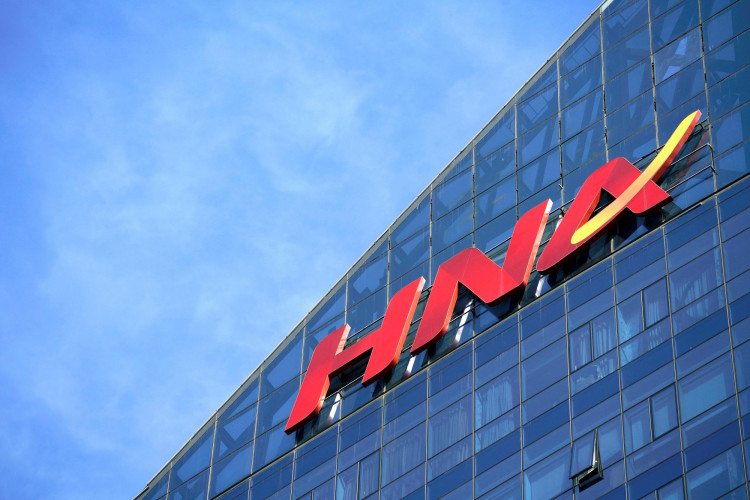Chinese conglomerate HNA Group has completed the sale of one of its major properties in Shanghai. The company, which partly owns Grand China Air and Hilton Worldwide, sold a 20-story office tower in the city to state-backed debt manager China Cinda Asset Management for 3.6 billion yuan or roughly $509 million.
The sale of the property is meant to trim a part of the company's multibillion-dollar debt and to bolster its finances amid the coronavirus pandemic. The company's aviation business was heavily hit by the crisis as the travel restrictions greatly reduced demand.
Under the sale, the state-owned bad debt company will own most of the Shanghai HNA Tower as its lower floors had already been sold earlier. The transaction includes the purchase of floors one to five and floors 12 to 20, which equates to about 47,5000 square meters of the building located in Pudong's Lujiazui area.
The sale of the property is the latest in a series of asset sales conducted by the company to bolster its finances and cut its debt. In January of last year, the company sold a 70 percent stake in another office building in Shanghai to Singaporean real estate firm Capital Land for 2.75 billion yuan.
In February, China formed a special task force that included the country's civil aviation administration and the China Development bank to help HNA Group manage its liquidity. The purchase of HNA's properties is part of a wider strategy to help HNA recover from the crisis.
The task force had formed a committee comprised of members from the Hainan government and other agencies, along with China Development Bank representatives, to manage HNA Group's finances. HNA had incurred massive debts back in 2015, when it went on a massive global asset shopping spree using leveraged loans.
The shopping spree included stake acquisitions in major international institutions such as Deutsche Bank, Hilton Hotels, and a number of high-end office buildings, in major cities around the world. HNA became one of the targets of China's wider crackdown on debt-fueled acquisitions, forcing it to sell some of its assets to cut its debts. Following the government intervention, HNA had managed to cut its debt by more than 40 percent to about 525.6 billion yuan as of June last year.
Cinda, the buyer of its latest sale, was formed by the State Council to bail out major Chinese institutions such as banks, securities firms, insurers, and state-owned enterprises. The bad debt-management firm, which was formed in 1999, mainly purchases majorly distressed assets from troubled Chinese firms.






